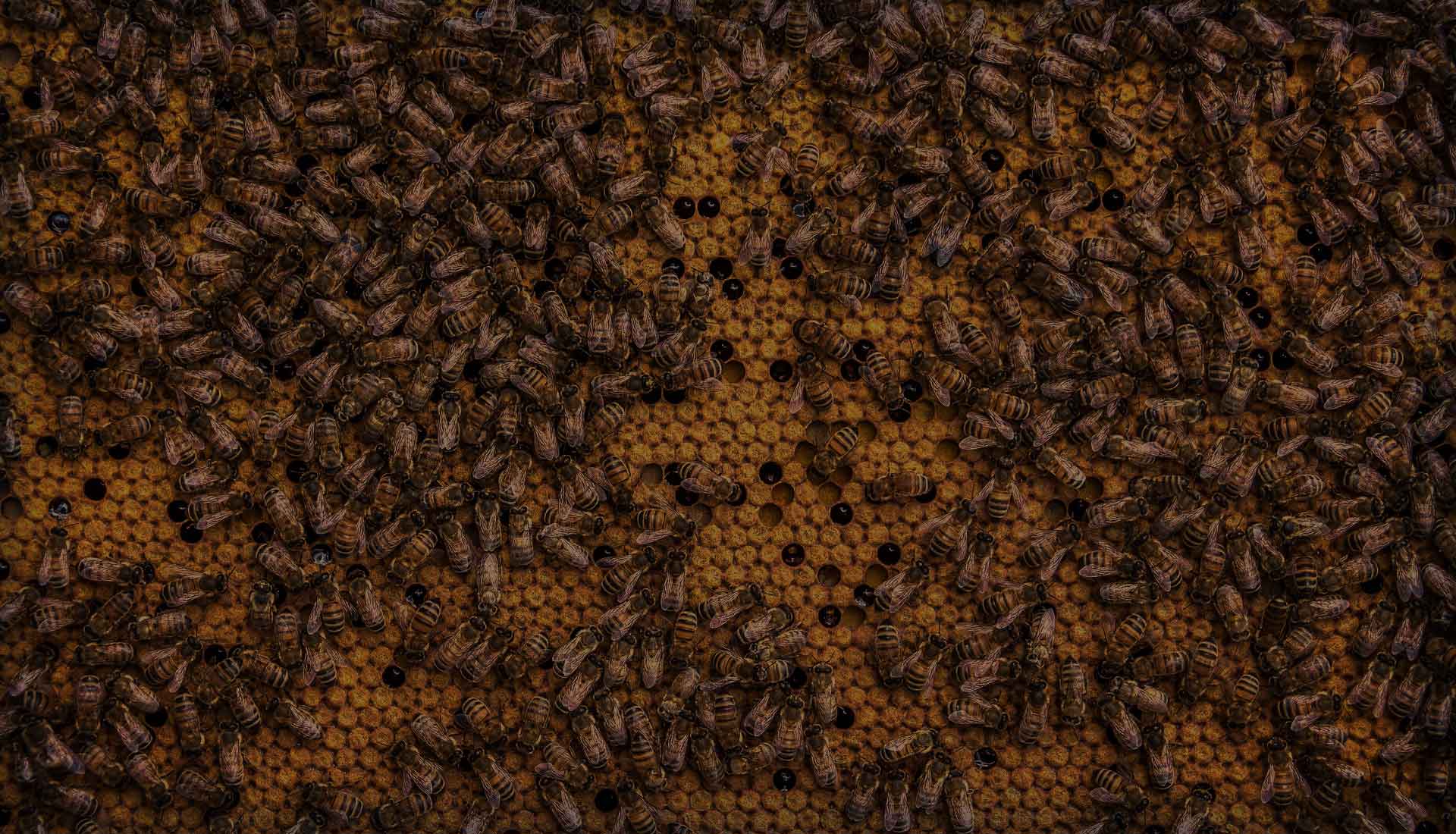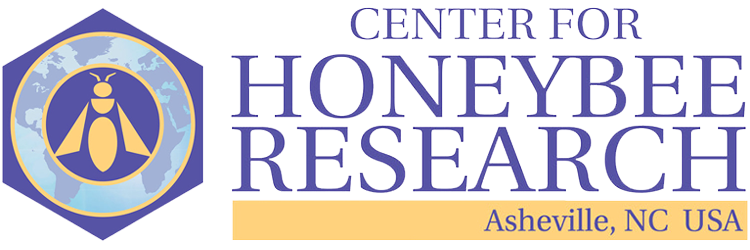

Project Thermal Viral
Set to begin in April 2020 and run through September 2020, our research will focus on analyzing the benefit of using thermal treatments to decrease viral loads carried by the varroa destructor (mite).
The history behind the development of this project has roots in independent beekeepers who thermally treat their colonies for varroa management. There have been widespread anecdotal observations of increased honeybee vigor following thermal treatment, leading some users to submit samples to various labs which noted reduction in viral loads.
The Center for Honeybee Research conducted limited testing in 2019 on certain hives to validate these claims. We were joined by Lynn Willims of Thermal Industries and used the Mighty Mite heat plate for our treatment. Those results showed reduction in some but not all viruses found prior to the treatment.
Although it was late in the 2019 season, the limited samples suggest a need for further investigation. Because viral scans will not be accurate when bees have died prior to being frozen, samples of live bees will be sent to Dr. David Tarpey at his Entomology Lab at North Carolina State University (NCSU).
Thermal treatment study – ongoing
Late season thermal treatments in ten colonies showed significant reduction in background mite population. Below, find link to graphs for all colonies. Beneath each graph is the quantity weight and brood at the time of each count. Note: the scale change in “y” axis of each representation.
** Mite counts taken every two weeks. Boards generously coated with mineral oil/ petroleum jelly. “24 hr. count” – boards left in three days, ALL mites counted, total divided by 3.
*** Colonies are within range of many other apiaries. It is unknown if the recovery of mite numbers in some graphs is the result of renewed reproduction or introduction from potentially “crashing” colonies nearby.
Please feel free to contact us with questions you may have about this research. In the meantime continue to visit our page for updates on the outcomes of this study.
Support the Center’s ongoing research and education
If you would like to help us with this research and other endeavors please consider a tax deductible donation to The Center for Honeybee Research.
